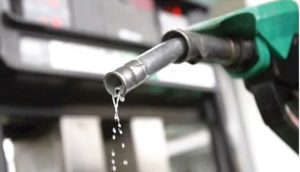
Dangote Refinery slashes petrol price to N865 per litre
the Dangote refinery has informed marketers and its customers of a downward review of its ex-gantry loading cost to N865 per litre.The new price is a reduction of N15 from N880 per litre sold by the facility on Wednesday.
Read More
Comment
0
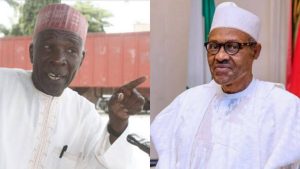
Buhari withheld my daughter’s salaries for four years after I criticised his govt– Galadima
“Me that I worked for Buhari for 13 years, for 13 years and my daughter worked for him for four years, he instructed that she should not be paid salaries,” Galadima said.
Read More
Comment
0
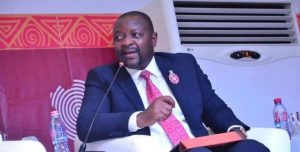
Lopsided Appointments: Tinubu’s appointments list error sparks fresh bias allegations
The Presidency has apologised for the errors in the list of appointments made by President Bola Tinubu since May 29, 2023.
Read More
Comment
0
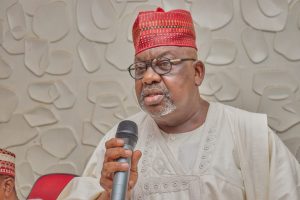
Senator Hanga claims APC would not be here without his contribution.
In a recent interview, Hanga recounted how former Lagos State Governor and current President Bola Tinubu invited him to discuss the APC's creation, emphasizing his significant contribution to the party's establishment
Read More
Comment
0
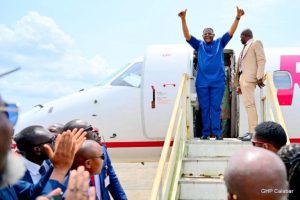
Cross River governor returns with increased energy and enthusiasm.
Governor Bassey Otu of Cross River State has expressed his commitment to revitalizing the state's development, emphasizing a renewed focus on energy sector reforms
Read More
Comment
0
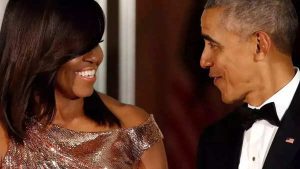
Michelle Obama finally opens up on divorce rumours with Barack
“This couldn’t be a grown woman just making decisions herself,” she quipped, underscoring how rumors reflect broader biases. Her candid reflection resonated as a pushback against reductive narratives about women in the public eye.
Read More
Comment
0
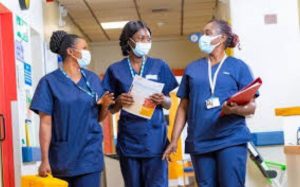
Nigerian healthcare faces crisis as 14,815 nurses and midwives relocate to the UK.
Between 2017 and September 2024, 14,815 Nigerian-trained nurses and midwives were granted licenses to practice in the United Kingdom, according to the UK Nursing and Midwifery Council.
Read More
Comment
0

US court summons Davido ‘for stealing, $45,000 debt’
Davido has been ordered by a U.S. court to appear within 21 days over accusations of intellectual theft of a song and failing to settle a $45,000 debt with Nigerian artistes.
Read More
Comment
0
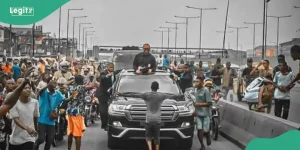
Peter Obi intervenes after Nigerian authorities imprison boy for standing in front of his convoy
Peter Obi, the Labour Party's 2023 presidential candidate, has expressed concern over the detention of 15-year-old Alabi Quadri, who has been held without trial since January 2025
Read More
Comment
0
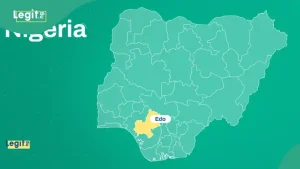
Teen Dies in Edo During Ritual to Test ‘Bulletproof’ Charm
The boy sustained severe head injuries and was rushed to a nearby hospital.
Read More
Comment
0